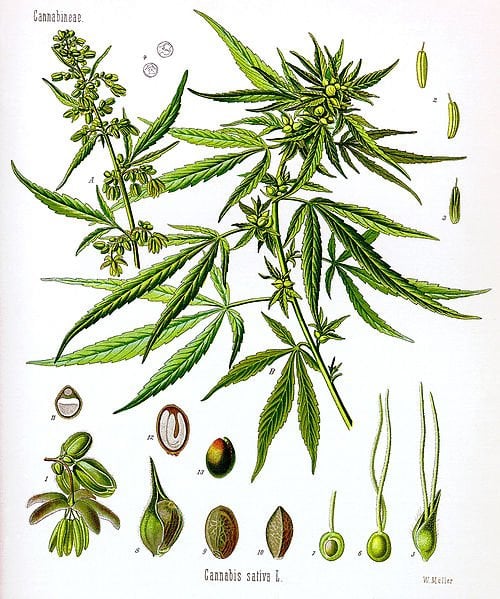“The risk of developing multiple sclerosis (MS) is associated with increased dietary intake of saturated fatty acids. For many years it has been suspected that this disease might be associated with an imbalance between unsaturated and saturated fatty acids.
We determined erythrocyte membrane fatty acids levels in Hot nature dietary intervention with co-supplemented hemp seed and evening primrose oils in multiple sclerosis patients…
We concluded that Hot-nature dietary intervention with co-supplemented hemp seed and evening primrose oils caused an increase PUFAs in MS patients and improvement in the erythrocyte membrane fatty acids composition. This could be an indication of restored plasma stores, and a reflection of disease severity reduction.”



